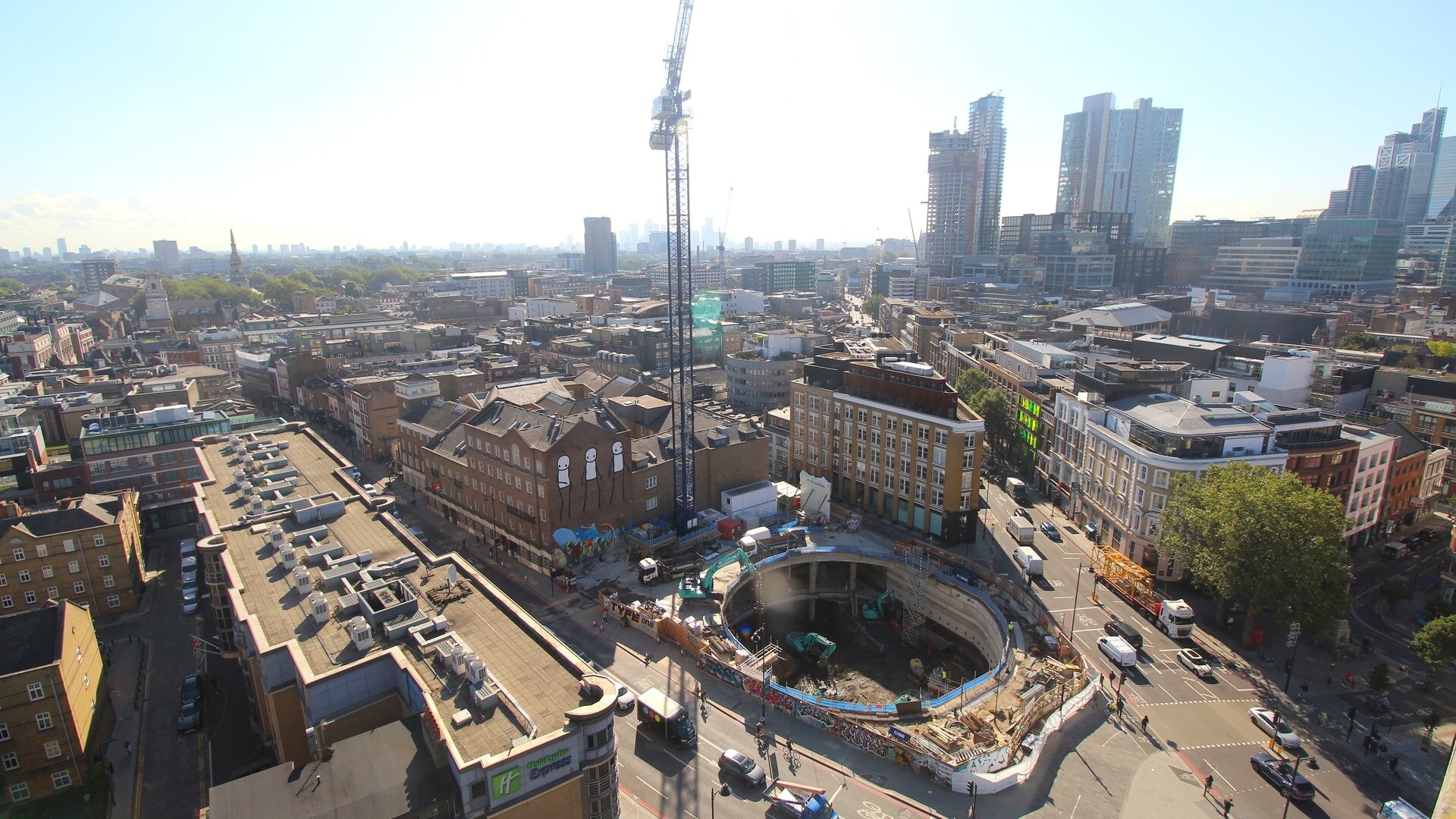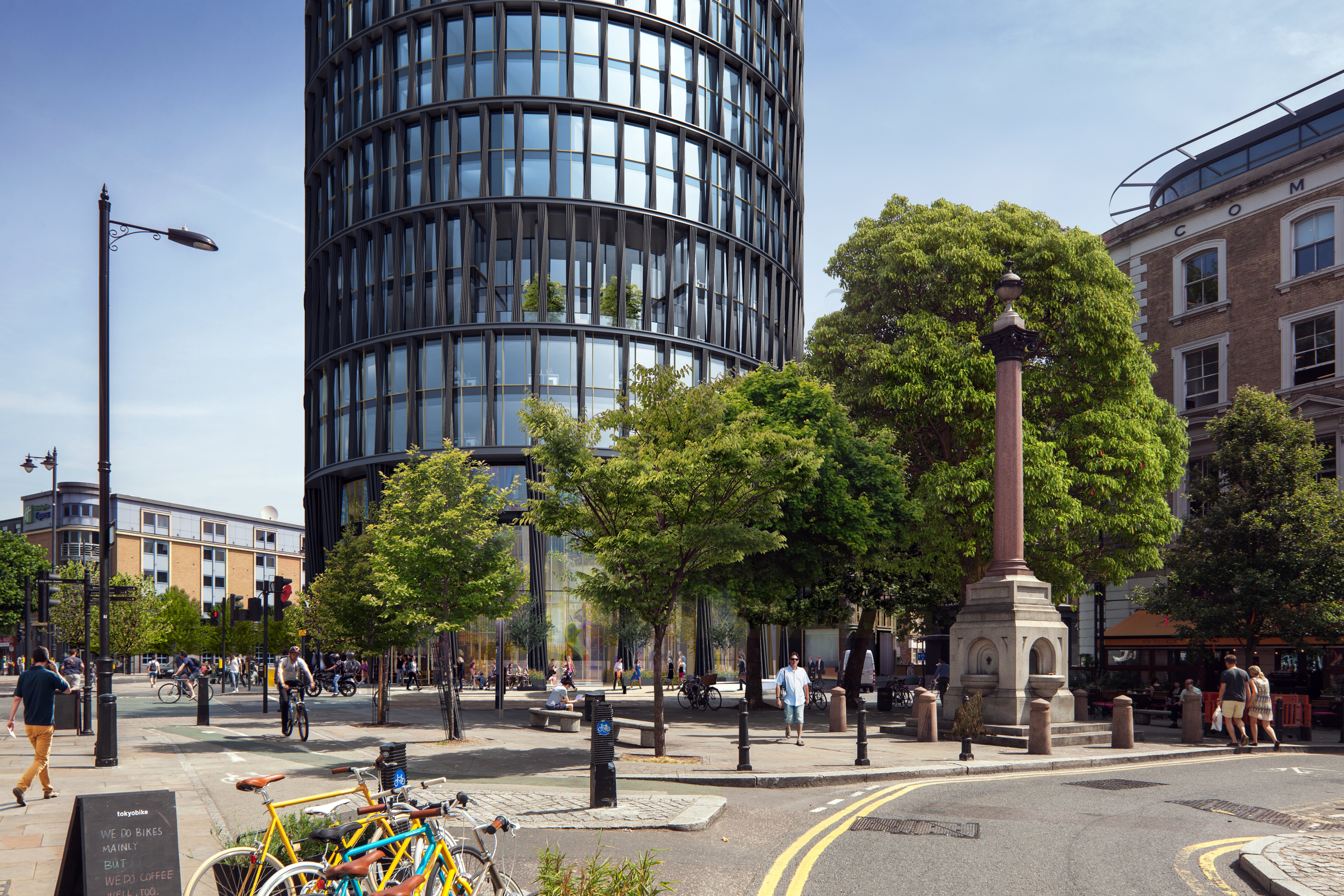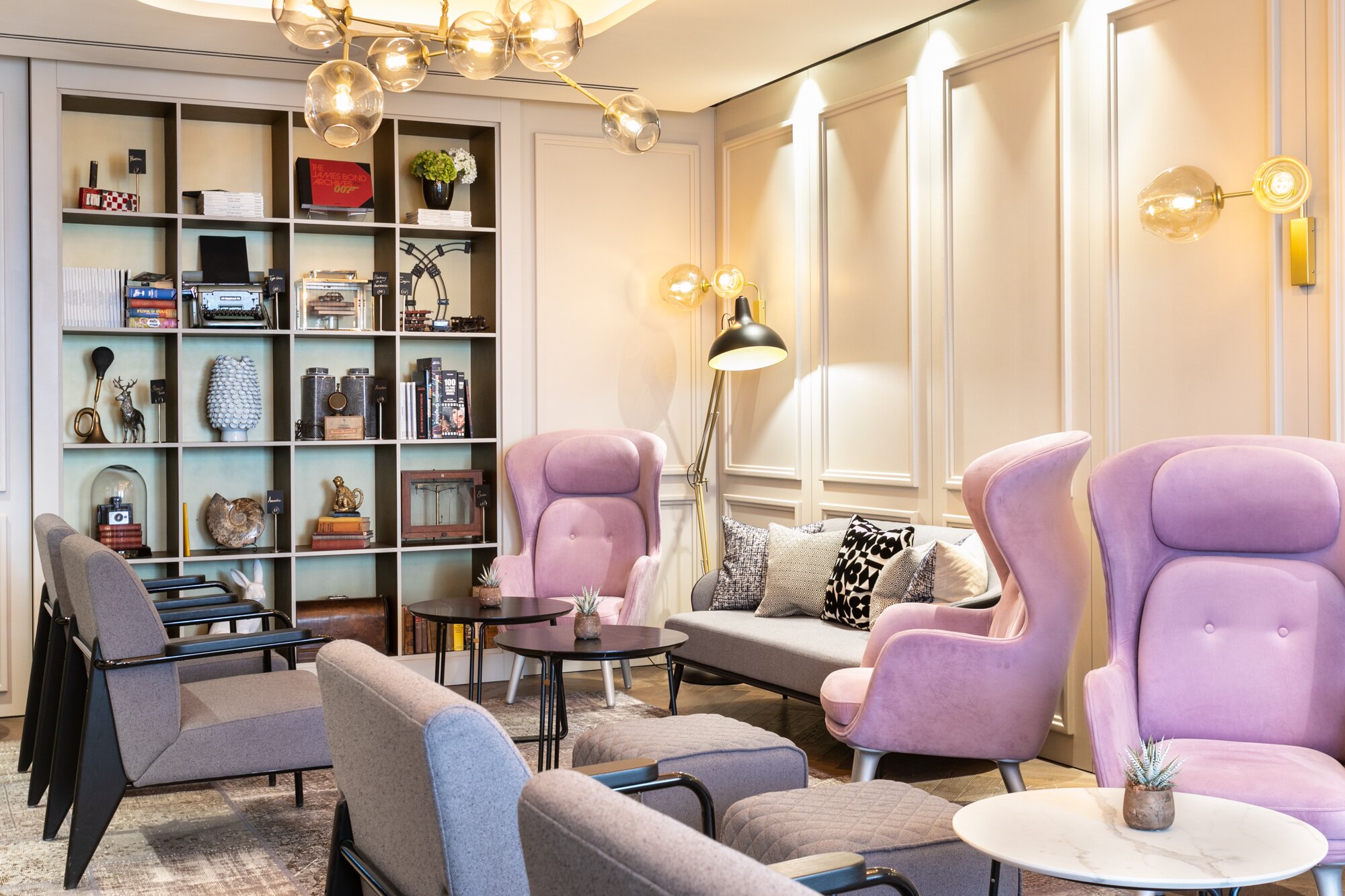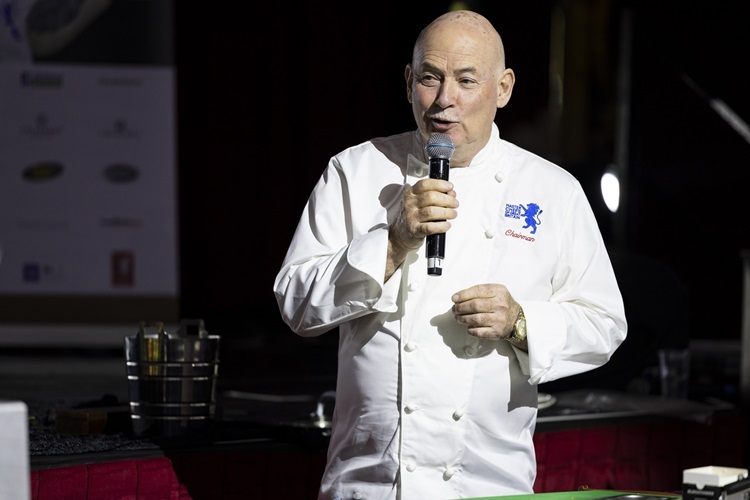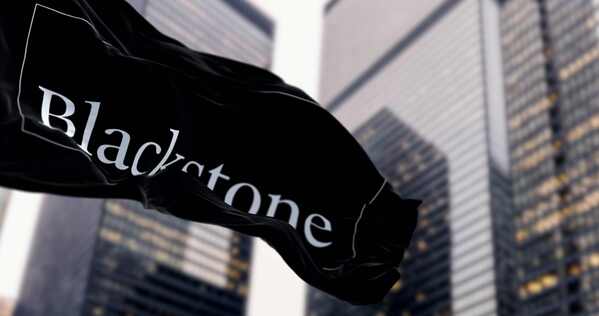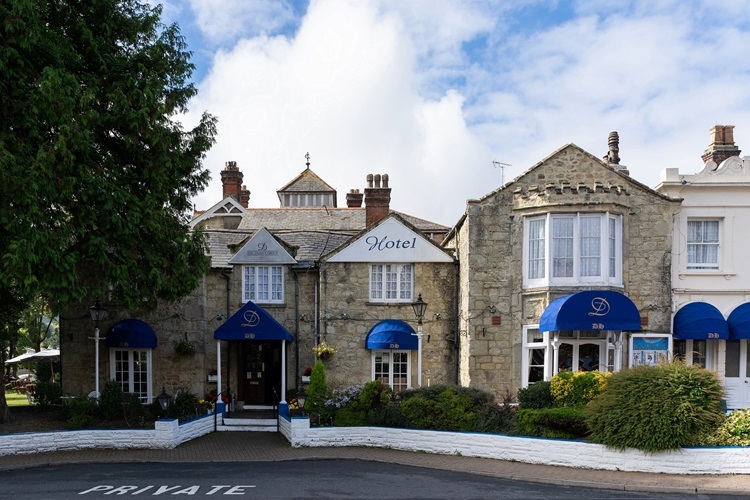PPHE remains committed to London but business still 'volatile'
The chief financial officer of PPHE Group has said the group is still committed to the London market, but that business remains “volatile” with much shorter booking lead times and shifting quarantine restrictions affecting consumer confidence.
Daniel Kos, who is also executive director of the hospitality company, said: “You won’t see us buying a property tomorrow. We just have to see how things pan out. But our interest in London is as much as it was before the crisis.
"Before the crisis hit us London was a very healthy city travel-wise. The tourism demand was only increasing. Corporate demand was very strong. We appreciate the virus will be around us for a while, but in the end London is a world capital and we really like to be in it."
The group has seven hotels in London across its Park Plaza and Holmes brands, five of which have reopened following lockdown, as well as three in the pipeline: Art’otels in Hoxton (pictured) and Battersea, and a new development on Westminster Bridge Road.
Although some of PPHE’s flagship London properties are achieving 80-90% weekend occupancy, with its Park Plaza Westminster Bridge full over the bank holiday weekend, others like many in the capital are seeing just 10-15%, with its Park Plaza Waterloo and Riverbank hotels still closed until demand picks up.
The Caterer spoke to multiple operators earlier this week who renewed calls for a hospitality-specific extension of the Job Retention Scheme as it is estimated three million jobs in the UK could be lost due to the collapse of inbound tourism.
Kos said the scheme “keeps a lot of people with us” and that he hopes for an extension past October, but the business has already had to reduce its staffing levels by 40% in line with the reduced demand.
He would also like to see the business rates holiday extended, with the group spending £1.4m a month in rates as an asset-heavy, London-focussed business, “a cost that, with the minor profit we are making, we cannot bear”.
The company is focusing on driving domestic leisure market occupancy with a lower room rate: “On average we will have to accept a lower occupancy going forward until this corporate and conference business returns to a reasonable normality.
“It’s good to see that with purely domestic leisure, we can fill hotels. It means that when corporate and international travel come back, that will enable us to drive our rates. We’re now really occupancy focussed.”
In a trading update for the first six months of the year released earlier today, the company said revenue per available room (revpar) was £38.90 in the period, down from £93.40 in 2019, while average room rate was slightly down from £122 to £112. The group also reported £41m in pre-tax losses, having seen revenue decrease 60% to £62m, due to the impact of the coronavirus lockdown and limited international travel.
But Kos said the group was “incredibly well-positioned” with an overall cash balance of £137m and undrawn cash facilities of £63m to “sustain any stress”.



